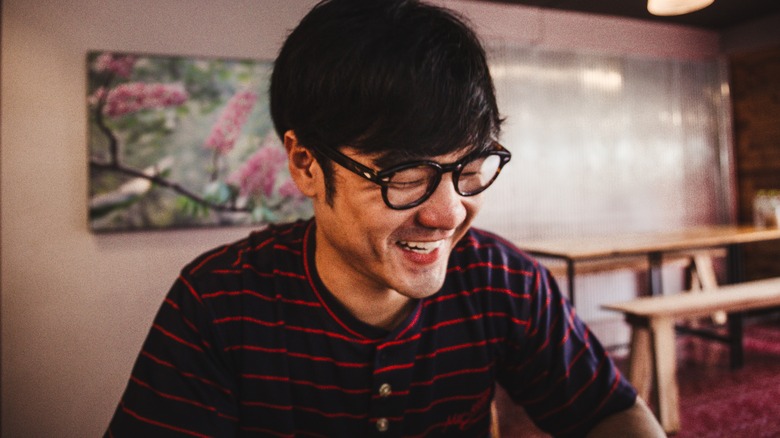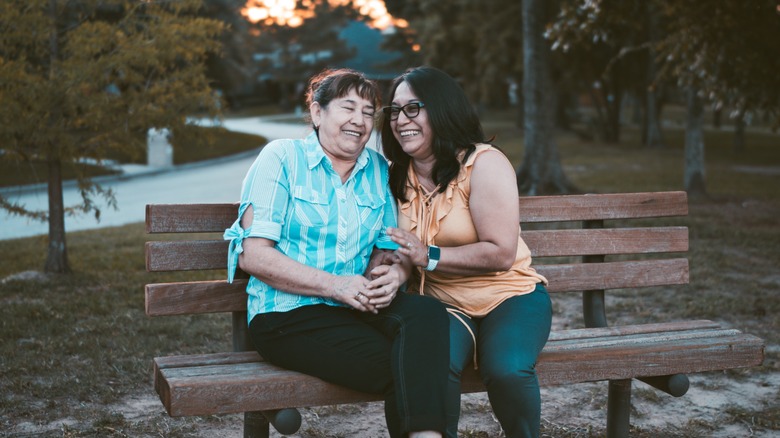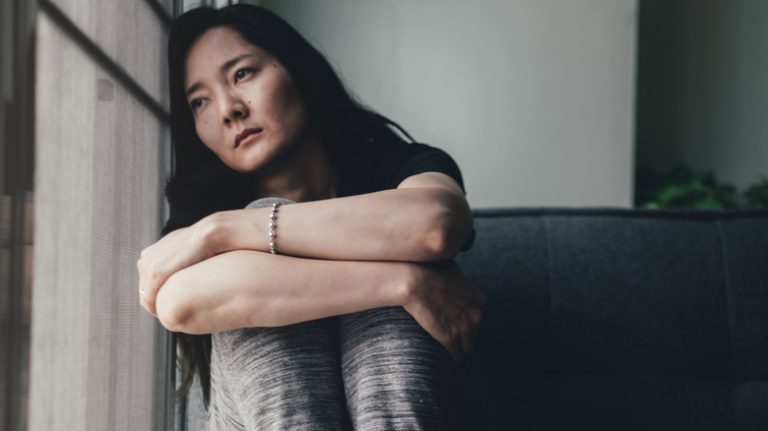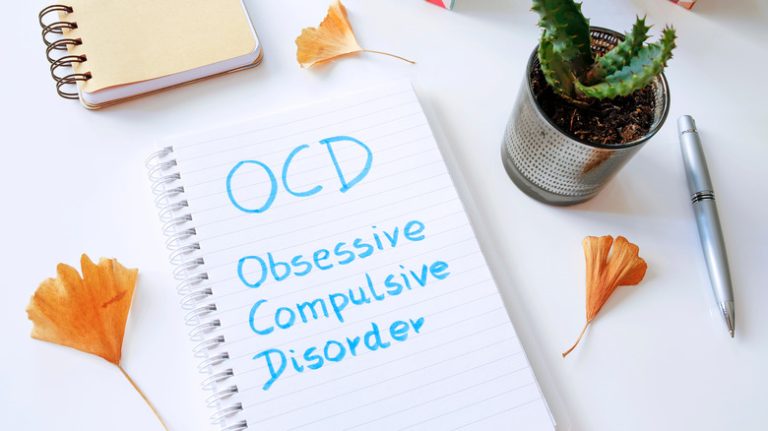The world is going through a lot of turmoil right now, from war to inflation to political, social, and economic shifts many find difficult to understand or navigate. All of this is making life stressful and unpleasant for many of us. Still, life must go on despite these obstacles — work still needs to be done, and family members still need to be cared for. But getting up the motivation to keep going when everything seems to be falling apart can feel like an insufferable slog.
According to Dr. Emiliana Simon-Thomas, a psychologist at the University of California at Berkeley with an interest in the relationship between emotions and health, it doesn’t have to be that way. Her current research project, The BIG JOY Project, seeks to identify actionable ways ordinary people can take control of their emotional health and find more joy in their everyday activities despite adversity.
The project takes its inspiration from the film “Mission: JOY,” which features His Holiness the Dalai Lama and the late Archbishop Desmond Tutu, two luminaries who’ve managed to stay optimistic, productive, and happy despite daunting obstacles. In an exclusive email interview, Dr. Simon-Thomas explained the project, the film that inspired it, and how you can participate in The Big Joy project and learn the best ways to bring more joy into your own life.
The BIG JOY Project seeks to identify effective ways to generate joy

How and why did you become interested in studying joy?
I’ve always been fascinated with exploring the role that emotions play in health and well-being. I earned my doctorate in Psychology at UC Berkeley with a specialty focus on cognition, brain, and behavior. For my dissertation research, I examined how unpleasant emotions shape thinking and decision-making. After that, I shifted to studying prosocial states like love of humanity, compassion, gratitude, and awe. Currently, my work focuses on how prosocial experiences benefit health, well-being, and psychosocial functioning.
Today, I am considered an expert on the neuroscience and psychology of compassion, kindness, gratitude, and other prosocial skills that bolster human happiness. I serve as the science director of the Greater Good Science Center, where I direct our research fellowship program, co-teach our Science of Happiness and Science of Happiness at Work online courses, and run key study initiatives like Expanding the Science and Practice of Gratitude, and Making the Science of Character Virtue More Practical, Engaging, and Impactful.
The BIG JOY Project is a natural extension of my interest area as it is helping to uncover:
- Which micro-acts of joy are most appealing and beneficial for whom based on factors such as age, sex, life circumstances, and geographical/cultural factors? This will help us create more accurate “joy-matching” for each person.
- What is the impact of micro-acts of joy on how people feel in the short-term? What is the cumulative impact of a series of micro-acts of joy on overall well-being and social relationships?
- How much do people share this information with other people, and can we see “social contagion” of the impact of micro-acts of joy from BIG JOY participants to non-participants they interact with?
The BIG JOY Project was inspired by the film Mission: JOY

What gave you the idea for The BIG JOY Project?
The BIG JOY Project was inspired by the film “Mission: JOY,” which highlights the incredible friendship between His Holiness the Dalai Lama and the late Archbishop Desmond Tutu, as well as the ways that both of them used ancient wisdom and perseverance to create and maintain feelings of joy, even in the face of great adversity. The BIG JOY Project operationalizes the message of the film by encouraging people to try super-brief, science-backed activities that can foster joy. We don’t have to hope that we’ll feel better someday. We can take the reins and discover what we can do to boost joy for ourselves.
The BIG JOY Project was designed to provide people with a few different micro-acts of joy they can try, like making a gratitude list, committing five acts of kindness in a day, and adopting a more optimistic perspective on personal setbacks.
How do you define “joy” for the purposes of your project?
I define joy in the same way as overall happiness in life — that is, generally feeling good, coping well with adversity, and feeling like you matter. Momentary pleasant feelings also referred to as “hedonic happiness” are fleeting and refer to emotional responses to gained resources and opportunities. While these so-called positive emotions play an important role in joy, they don’t last, and we get used to whatever evokes them. They are not a sustainable source of joy.
Feeling like you matter is part of what’s called “eudaimonic happiness,” which includes meaning and purpose, learning and growth, having a moral compass, and accepting experiences, even those that we may consider negative. Eudaimonic happiness is central to joy because it is lasting — and it is a big part of what His Holiness the Dalai Lama and the late Archbishop Desmond Tutu convey in the film.
Joy can positively impact your health and relationships

Courtney Cook/Unsplash
Can you discuss the relationship between joy and health outcomes? Why does joy matter?
225 scientific studies show that people with more joy:
- Are more productive at work and more creative
- Make more money and have more sought-after jobs
- Are more effective leaders and negotiators
- Are more likely to marry and have fulfilling marriages, and less likely to divorce
- Have more friends and social support
- Have stronger immune systems, are physically healthier, and live longer
- Are more helpful and philanthropic
- Show more resilience to stress and trauma
Can you tell us a bit about the new documentary, “Mission: JOY,” that inspired The BIG JOY Project?
“Mission: JOY” is a new documentary film featuring His Holiness the XIVth Dalai Lama and Archbishop Desmond Tutu, inspired by their international bestseller, The Book of Joy. Created and produced by an Academy Award-winning team, “Mission: JOY” brings audiences a never-before-seen inside look at the wonderful, awe-inspiring friendship between these two people — and in doing so, teaches us all how to create more joy in our own lives.
It especially emphasizes the number one contributing factor to joy in life: friendly and mutually supportive human connections, which counteract the heaviness of the world. With the current state of events — countries at war, politics dividing us, and rates of depression and anxiety soaring (even before the pandemic) — this film not only lifts spirits but [also] aims to leave us more equipped to create joy in our own lives and for each other.
“Mission: JOY” first premiered at the Tribeca Film Festival and has now been booked at 58 film festivals, already winning multiple audience and jury awards. Following its Facebook global watch event on June 2, 2024, “Mission: JOY” is currently available on Apple TV/iTunes, VUDU, Amazon, and Google Play in the U.S. and Canada. For availability in other countries, check here.
Here are some ways to bring more joy into your life

Suad Kamardeen/Unsplash
Can you recommend some practical tips for bringing more joy into one’s life?
Findings from neuroscience, psychology, medicine, public health, and other fields increasingly confirm what life experience and spiritual traditions have been telling us for thousands of years: As “Mission: JOY” Co-Director and Producer Peggy Callahan says, joy is an inside-out job that can begin within us when we choose to do even a tiny action in the direction of joy. Studies are beginning to show which activities work best for most people, and our next BIG JOY project aims to uncover even more.
I encourage people to take a few minutes to sign up on The BIG JOY Project website, which is completely free for everyone. For seven days, you’ll get a unique daily micro-act of joy to try — all of them take less than seven minutes to do. The project will also invite you to do short surveys at the beginning and end of the week and track your experiences. In the end, you’ll get a personalized BIG JOY report that will show you how much joy you created, which micro-act of joy works best for you, and any benefits in other areas of life such as overall well-being, social relationships, and resilience to stress.
Be sure to sign up for The BIG JOY Project and discover which micro-acts of joy are most appealing and beneficial for you.
This interview was edited for clarity.




